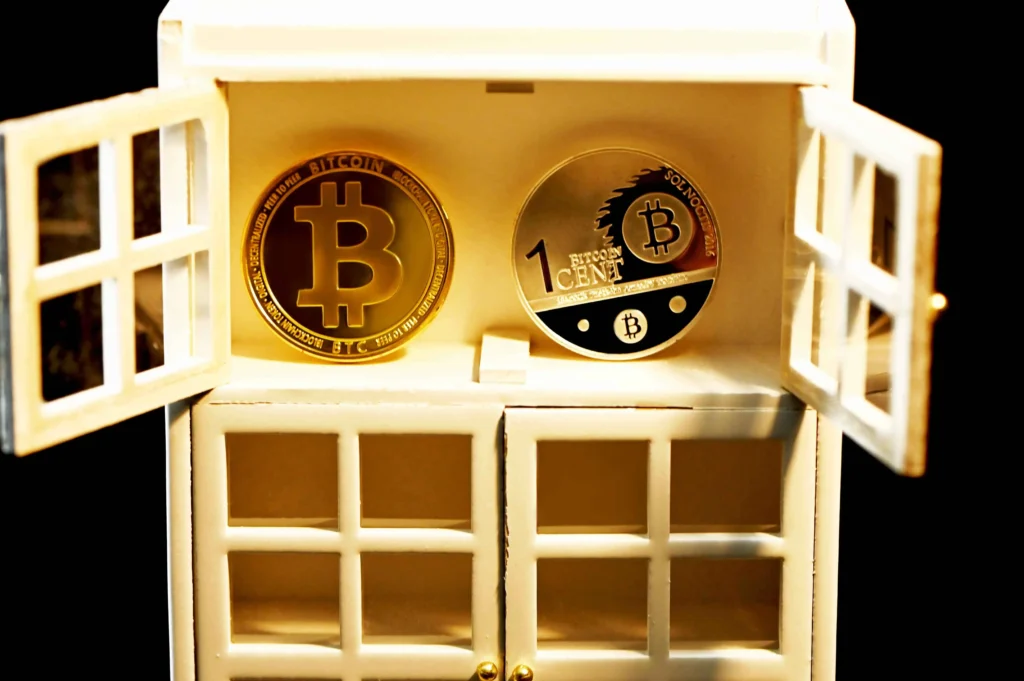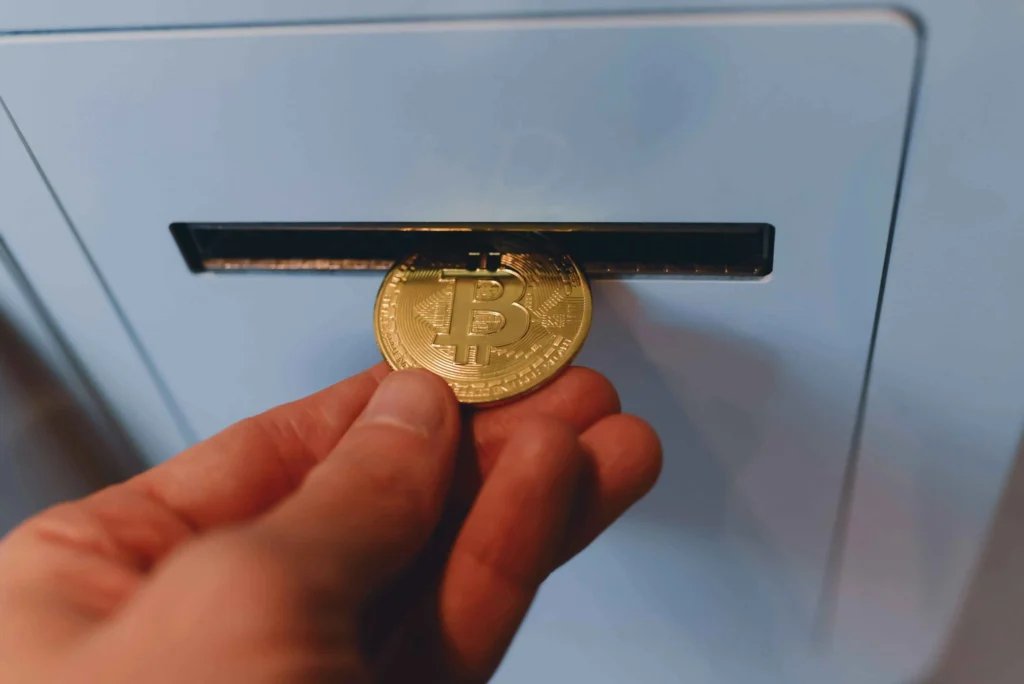How to store crypto securely starts with understanding that protecting your digital currency is as essential as securing a debit card or credit card PIN. In 2025, with more people investing in cryptocurrency, even financial institutions emphasize best practices—using private keys, hardware wallets, and sound wallet hygiene for safe cryptocurrency transactions.
1. 🔐 Why Secure Storage Matters
As the cryptocurrency market grows, so do threats. Cyberattacks, phishing scams, and exchange hacks can result in huge losses. Whether you’re holding Bitcoin, Ethereum, or stablecoins in cryptocurrency funds, your assets must be secure. Blockchain technology ensures transaction integrity, but security starts with how you buy cryptocurrency, then store it afterward.

2. 🛡️ Types of Wallets for Secure Storage
a) Hardware Wallets
Hardware wallets like Ledger or Trezor keep your private key offline, making them one of the safest payment methods for long-term storage of financial assets.
b) Software Wallets
Mobile or desktop wallets are convenient, but rely on device-level security. They’re good for daily use but should not store large sums.
c) Custodial Wallets
Offered by credit card companies or exchanges, these wallets are easy to use but mean giving up control—your private key is held by a third party.
d) Paper or Steel Backups
Ideal for emergency recovery. You store your key in physical form—immune to digital threats—but vulnerable to loss or damage.
3. 🧠 Best Practices for Storing Crypto Securely
- Always back up your recovery phrase in multiple secure locations—like two safe-deposit boxes.
- Use open source wallets that others can audit for transparency.
- Test backup procedures before a real emergency.
- Keep software updated to protect against security flaws.
4. 🔏 Cold vs. Hot Storage
Cold storage (like hardware wallets) keeps funds offline and safe—ideal for long-term holding. Hot wallets (connected to the internet) are suitable for daily peer to peer or exchange trades. A split-hot/cold strategy balances convenience and security.

5. 📱 Mobile Security Tips
- Enable multi-factor authentication on debit card and crypto apps.
- Use encrypted phones with biometric locks.
- Avoid public Wi-Fi during cryptocurrency transactions.
6. 🧩 Institutional-Grade Security
Even financial institutions protect crypto differently—using multi-signature wallets, secure key sharding, and air-gapped vault systems. Retail users can adopt scaled-down versions: a secure offline computer for your hardware wallet backups, for example.
7. 🌐 Blockchain Verification
Using distributed ledger explorers helps you verify your balance independently. If something smells wrong, you can check… your funds are still where you expect them to be.
8. 🚨 Common Storage Mistakes to Avoid
- Reusing wallets for different assets
- Sharing private keys in insecure ways
- Over-relying on custodial solutions
- Forgetting seed phrase backups
9. 🔄 Regular Maintenance
- Rotate wallets periodically
- Audit your app permissions
- Update firmware on hardware wallets
- Monitor market changes and adjust your strategy

❓ FAQ Section
Q1: Is a hardware wallet essential for long-term crypto holding?
Yes. It keeps your private key offline, drastically reducing the risk of hacks.
Q2: Can I store crypto on a mobile wallet safely?
Yes, for small amounts and daily use—but never store significant financial assets in a hot wallet.
Q3: Should I trust custodial exchanges for storage?
They’re easier, but you give up control of your private key—high-risk for long-term holdings.
💎 Bonus Tips
- Always sign transactions on-device, never copy-paste sensitive data.
- Use a debit card or credit cards only on trusted platforms to reduce exposure.
- Enable real-time alerts for unusual cryptocurrency transactions.
✍️ Author Bio Box
Written by the Swipywiro Team
Swipywiro.com shares crypto, stock, and fintech insights in plain, actionable language. Follow us on Twitter @swipywiro.
⚠️ Financial Disclaimer
This article is for informational purposes only and does not constitute financial advice. Please consult a certified financial advisor before making investment decisions.
📩 Contact Section
Have questions or feedback? Reach out at imrajkumar756@gmail.com.
📱 Follow us on Twitter @swipywiro for daily crypto & finance updates.

